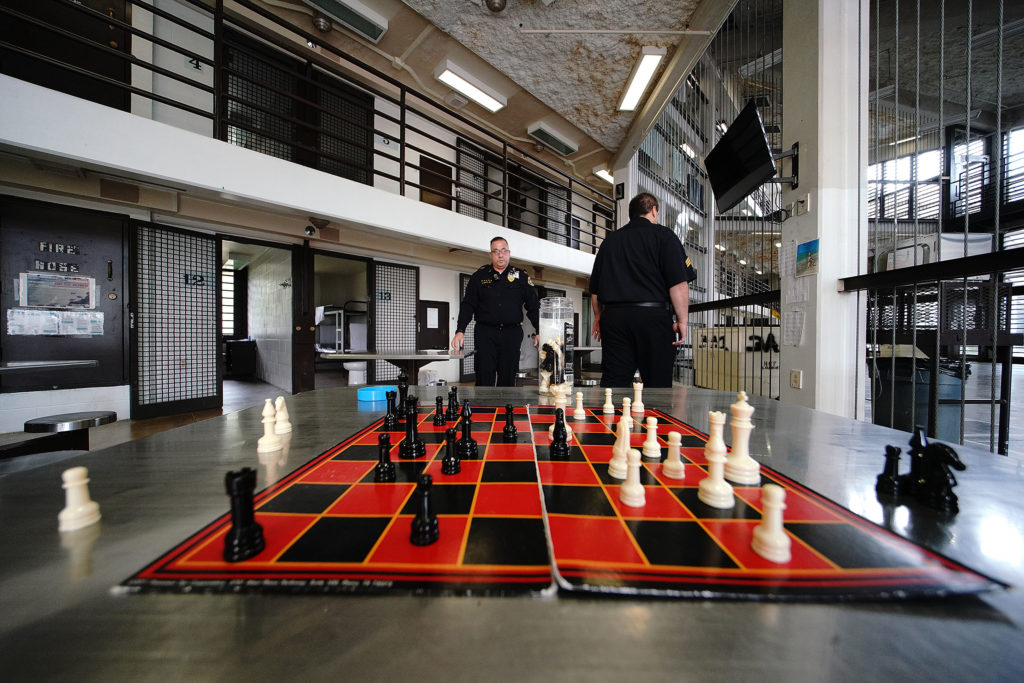The parole system was adopted to protect the community and help reintegrate an inmate back into society by establishing appropriate minimum terms of imprisonment, granting, denying, and revoking parole, as well as supervising the person on parole. The Hawaii Paroling Authority makes formal parole decisions for Hawaii inmates.
What is Hawaii Paroling Authority?
Parole is when a convicted felon is given the opportunity to follow certain conditions in order to serve part of his or her sentence under supervision in the community. The Hawaii Paroling Authority is an independent, quasi-judicial body that can grant parole, only if the offender is not serving a mandatory prison sentence. The Authority consists of three members, one full-time and two part-time, who are appointed by the Governor and confirmed by the State Senate.
What Does Hawaii Paroling Authority Do?
Within six months of commitment, the HPA holds a hearing to establish a minimum term of imprisonment. Normally between two months and thirty days before the minimum term ends, the Authority holds a parole hearing to either grant or deny parole prior to the longest minimum term of imprisonment. The Authority can set an earlier parole hearing date, but cannot grant parole until the minimum sentence is up.
When parole is denied, another parole hearing is required to take place within twelve months, as long as the inmate does not appear before the HPA in the meantime for the minimum term of another offense. If parole is granted and the Authority receives new information, they have the ability to rescind parole.
An inmate or parolee can be discharged from their sentence upon completion, however, the HPA has the ability to discharge them prior to the full maximum term. The HPA can also apply for a pardon or a reduced sentence from life without parole to parole after twenty years and the mandatory minimum prison term. Applications for sentence reduction and pardons must be approved by the Governor.
